The United States plants more than 170 million acres of corn and soybeans a year, more than any country in the world. And the primary mechanism in the US that we use to subsidize agriculture is actually called the Federal Crop Insurance Program. So, the crop insurance program in the US is also the largest such program globally, with over $100 billion in liabilities annually. So it’s a very big program.
World Economic Forum (Page 4 of 7)
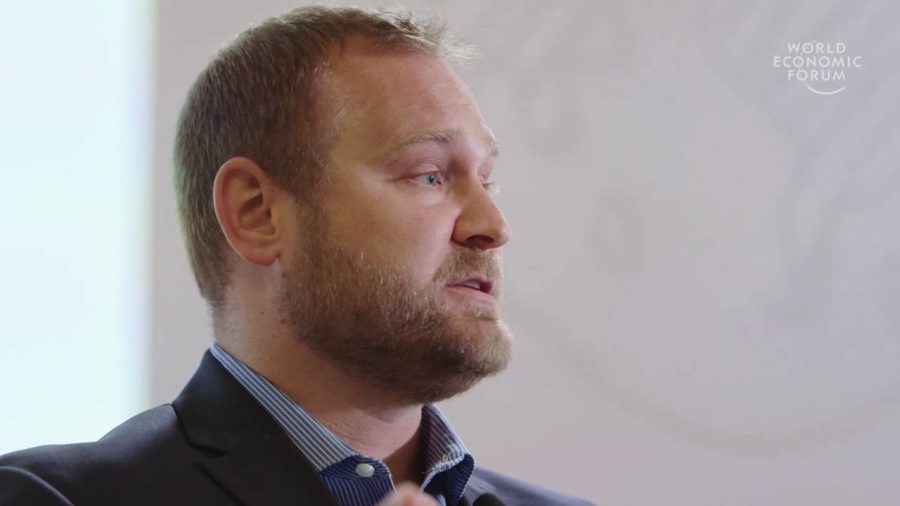
Applying Algorithms to Minimize Risk
presented by Joshua Woodard
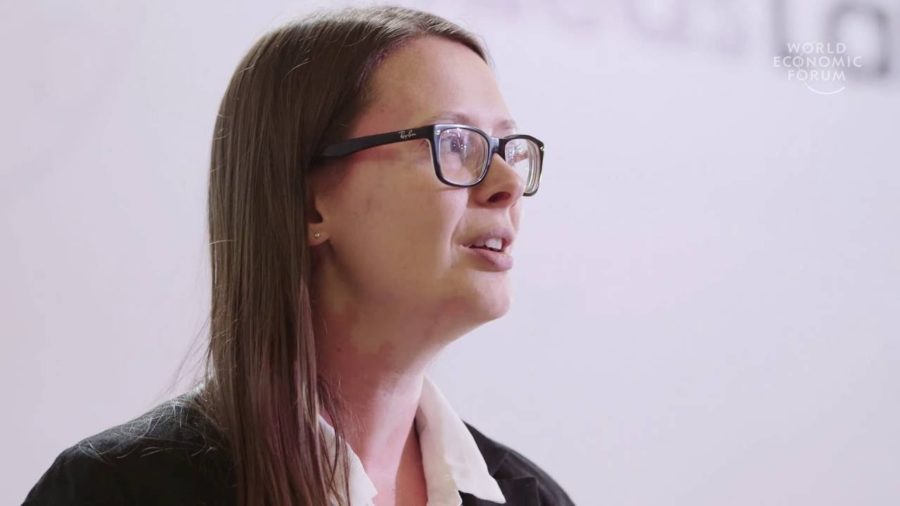
Imaging the Health of Our Planet
presented by Gabrielle Thomas
The interesting thing is not just figuring out what one plant needs, but doing it on the scale of a million plants. This is where imaging can help. Capturing the detail, but from a distance. Some farmers already used drones or other aircraft to do just that. But these are not tools available to all. I want to ask what if precision agriculture could be a service accessible to anyone on the planet?

Mapping the Intricacies of Evolving Food Systems
presented by Graham MacDonald
In many countries, the very ability to eat a food like avocado is a direct benefit of international trade. We are eating on an interconnected planet. Food trade now shapes land use worldwide and is reshaping the food supplies of many nations.
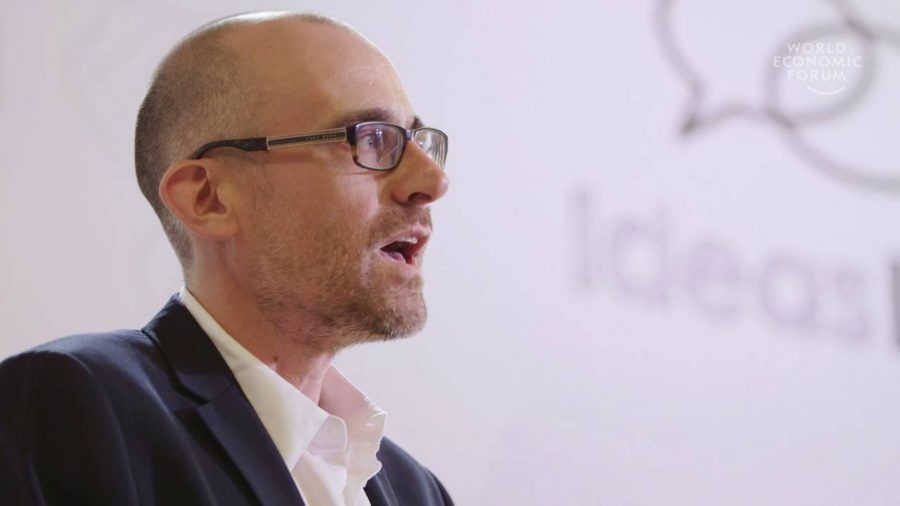
Building Resilient Cities Through Restoration of Fragmented Urban Ecosystems
presented by Andrew Gonzalez
Cities form a vast global network connected by flows of energy, food, information. This global network is the challenge of the 21st century. How do we make more sustainable cities, with smaller ecological footprints and more equitable human wellbeing?
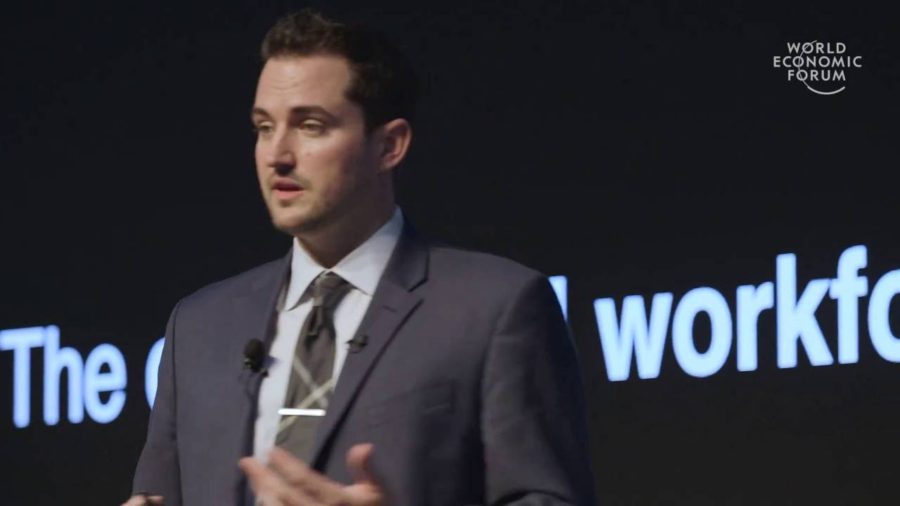
Decoding Workforce Productivity: Brian Ballard
presented by Brian Ballard
The Fourth Industrial Revolution is ushering in a significant increase in connected machines, connected products. And at the same time, the people who are standing next to these highly sophisticated machines are ultimately connected in their home lives. They carry a cell phone that’s managing their smart car, their smart home, their smart systems. But they have almost no interaction with the systems at work.
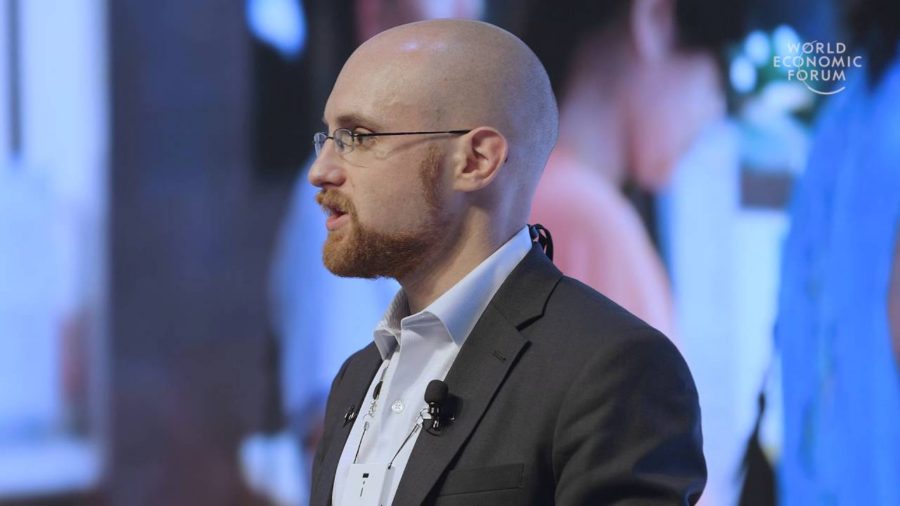
Decoding Workforce Productivity: Benjamin Waber
presented by Benjamin Waber
I could ask you questions about where your customers buy products, or what sort of products they buy. And you could give me very detailed answers. But I could ask relatively similar questions about what goes on within your company that you can’t answer.
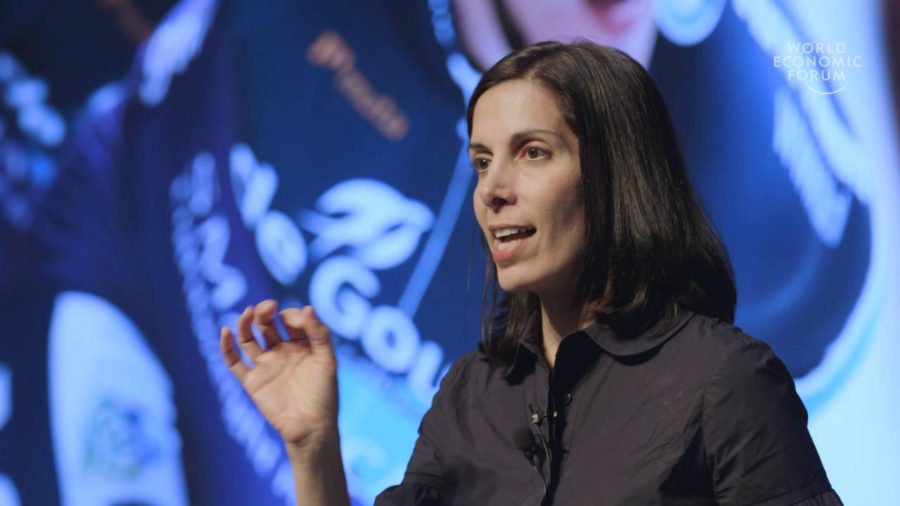
Are there any limits to the connected workplace? Are there any concerns about the connected workplace? Is there any way in which you wouldn’t want either yourself or an employee to be connected? Are there any limits to the kinds of information we can gather in order to make our workforces more productive? In order to make our overall society more productive?
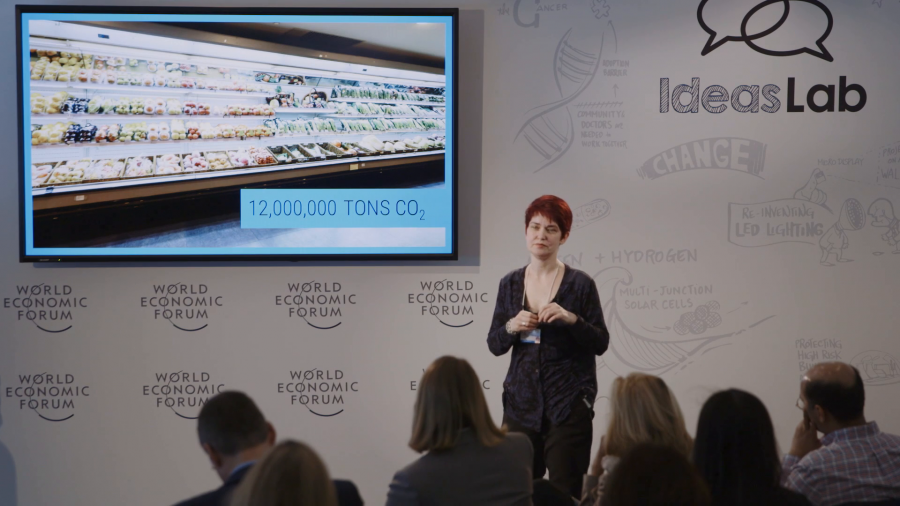
Holistic Heat Management
presented by Mary Ryan
Machines generate waste heat when they do work for us. And this year, seven billion of us will use twenty-five trillion kilowatt hours of electricity. An awful lot of that will end up as waste heat. So, we treat waste heat as a problem. We see it as a challenge to design how we can manage it. We don’t think of it as a resource. If we thought of it as a resource, that would be results we are just throwing away.
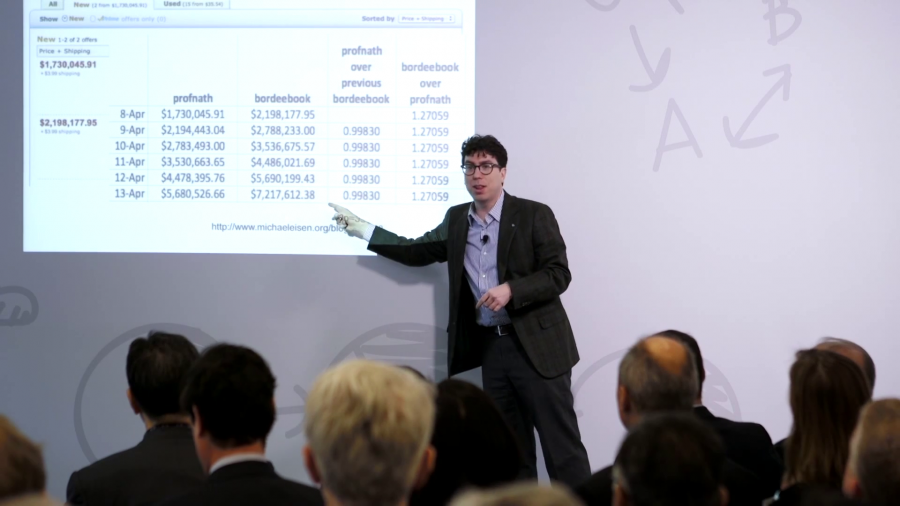
I want to think more broadly about the future of cyber state, and think about accumulations of power both centralized and distributed that might require transparency in boundaries we wouldn’t be used to.
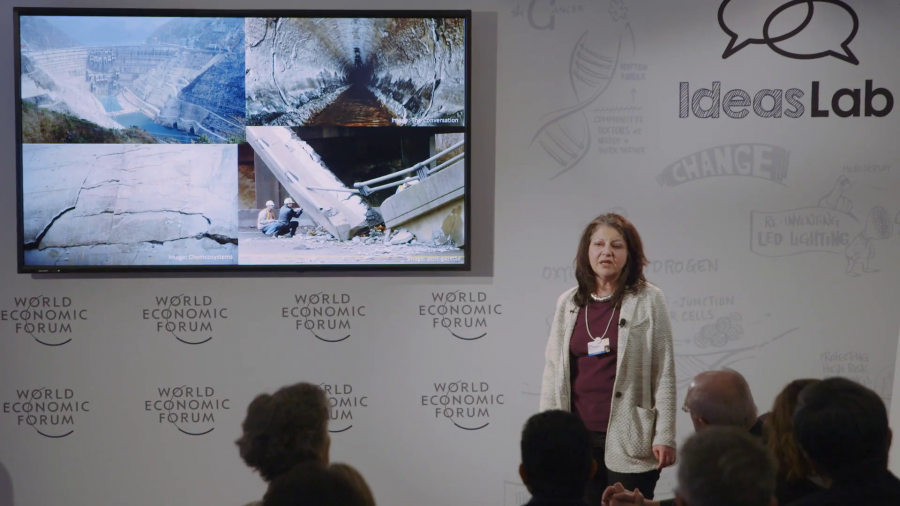
Self-healing Concrete for Low-carbon Infrastructure
presented by Abir Al-Tabbaa
Our bridges, motorways, tunnels, and dams, and all the buildings that make up our infrastructure are vital to our society and economic growth yet we take them for granted. The shocking truth is that our infrastructure is crumbling beneath our feet. And this is costing us dearly, both in terms of money and carbon.
